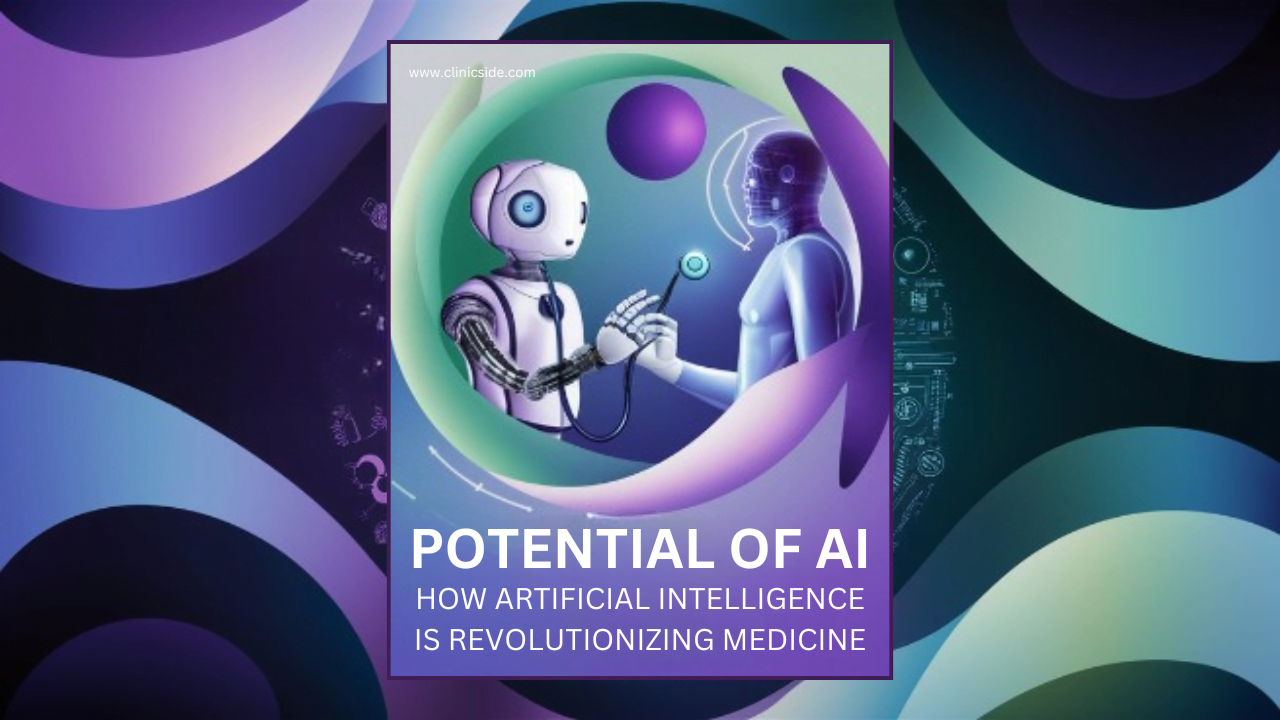
Harnessing AI for Extreme Medical Cases
Artificial intelligence (AI) becomes a ray of hope when usual medical channels fail and doctors are clueless. It is especially so in extreme healthcare situations where this technology suggests some chances. Nowadays, doctors more and more often use computer systems to extend their capabilities. The idea is not to create super professionals but to give healthcare providers powerful instruments for improving patient outcomes. However far it may be from replacing highly skilled practitioners, AI seeks to arm them with better tools and make them work more efficiently. The inclusion of artificial intelligence into medicine presents an unprecedented chance that propel the industry into new horizons.
Anne Nitzer’s Struggle with Locked-In Syndrome
Cornelia Nitzer had her life changed when her daughter, Anne, suffered a stroke shortly after the birth of her second child. The condition known as locked-in syndrome made it so that Anne couldn’t move or talk at all; and because of this Cornelia had to take care of her every second of every day. According to Cornelia, Anne was a lively person before she got sick. This puts into perspective how much these things affect people around them – even though they may seem invisible sometimes! They have tried setting up basic communication signals but want something more efficient for understanding what Anne wants.
The Quest for Communication: Professor Soekadar’s Research
This is where Dr. Surjo Soekadar comes in with his groundbreaking research at Charité Hospital in Berlin. By experimenting with neurotechnology on patients such as Anne Nitzer who have lost their ability to communicate entirely due to illness or injury; he hopes that maybe one day we can bridge the gap between our brains and computers like never before seen possible! People could find themselves trapped inside themselves but not anymore thanks to this man’s genius work which might also involve integrating AI into it so they gain back everything taken away by disease or accidents.
Guido Schulze’s Journey Towards Rehabilitation
Whilst staying in Berlin, Guido Schulze starts on his journey back to health after suffering from a life-altering brain tumor. Guido, whose left side is paralyzed, undergoes experimental treatments that use exoskeleton technology and brain-computer interfaces. He regains his self-esteem step by step as he collaborates with physicians who work together with AI-driven interventions.
Revolutionizing Vision Care with AI
In Austria, Oskar Zlamala fights age-related macular degeneration which threatens his eyesight. Traditional therapies are impractical and do not work leading to the search for new approaches. Through artificial intelligence assistance, treatment given to Oskar is more accurate and tailored which brings new hope in fighting against loss of sight.
The Promise of AI in Organ Transplantation
The story of Lilly Lohmann and her son Thomas illustrates how AI can change everything during organ transplantation in Germany. State-of-the-art technologies improve surgical accuracy while streamlining diagnosis processes thereby ensuring the best results for recipients as well as donors alike.
Overcoming Challenges: The Road Ahead
Though AI has done a lot in treating diseases, there are still many problems to be solved. The journey of Anne Nitzer toward communication demonstrates how difficult it can be for us to translate technological progress into real improvements for patients. Therefore, while striving to perfect the algorithms and broaden applications for their artificial intelligence systems, researchers need not only to push the boundaries but also to consider what is right.
Frequently Asked Questions (FAQs)
How does artificial intelligence contribute to medicine?
The public health sector benefits from artificial intelligence because it gives doctors a better understanding of diseases. By sifting through large amounts of data, recognizing patterns, and providing personalized feedback; this helps them improve diagnostic accuracy rates.
What are the benefits of AI in healthcare?
Medical processes are made more efficient by streamlining them with machine learning models. This reduces errors during diagnosis which then leads to better patient outcomes at the treatment stage. Moreover, remote monitoring becomes possible while surgical precision is enhanced alongside drug discovery acceleration.
Are there risks associated with AI in medicine?
There have been concerns over privacy concerning information used by these intelligent systems as well as algorithmic bias or even excessive reliance on the technology itself despite its known limitations thus far being developed. We must grapple with these issues head-on if our goal is the responsible and ethical application of artificial intelligence in healthcare settings.

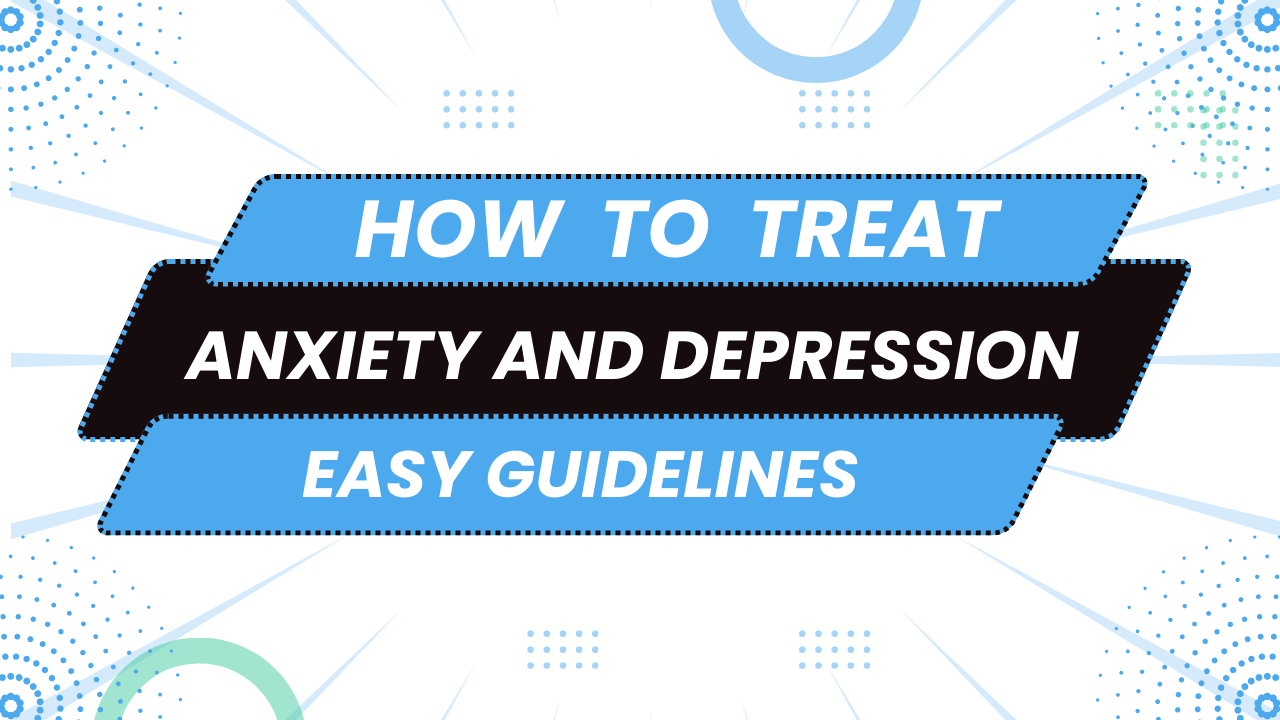
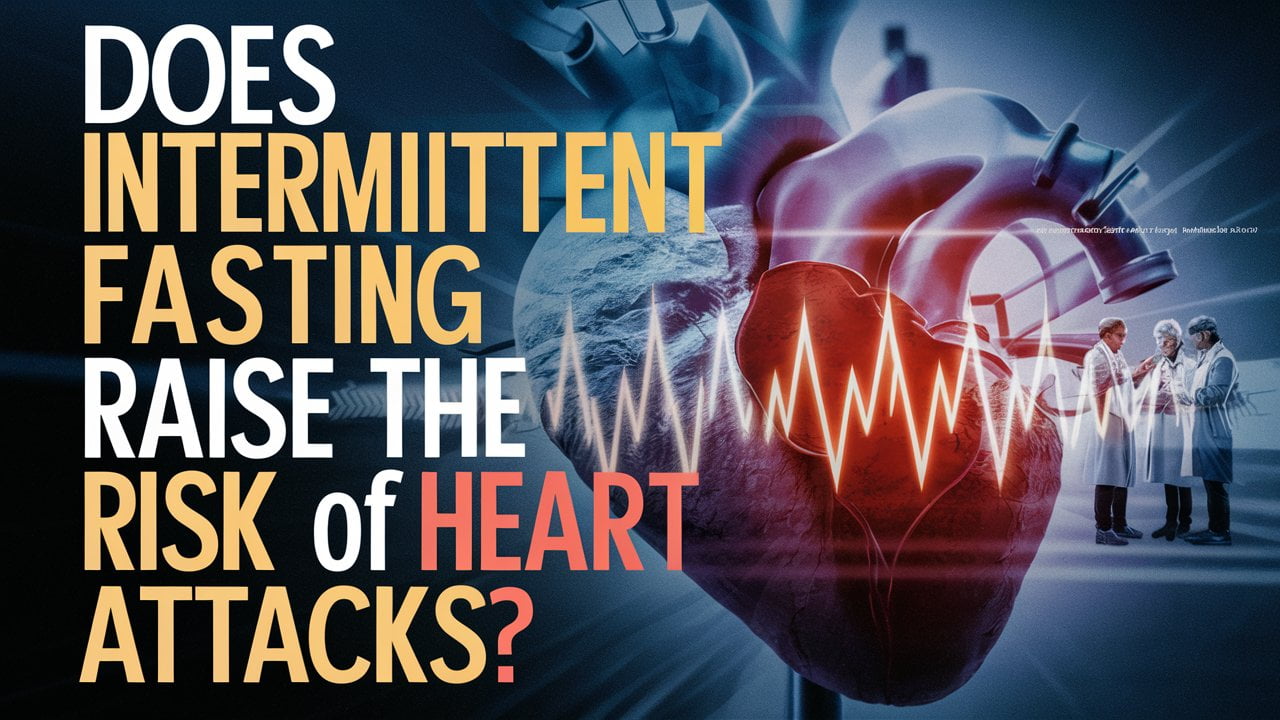
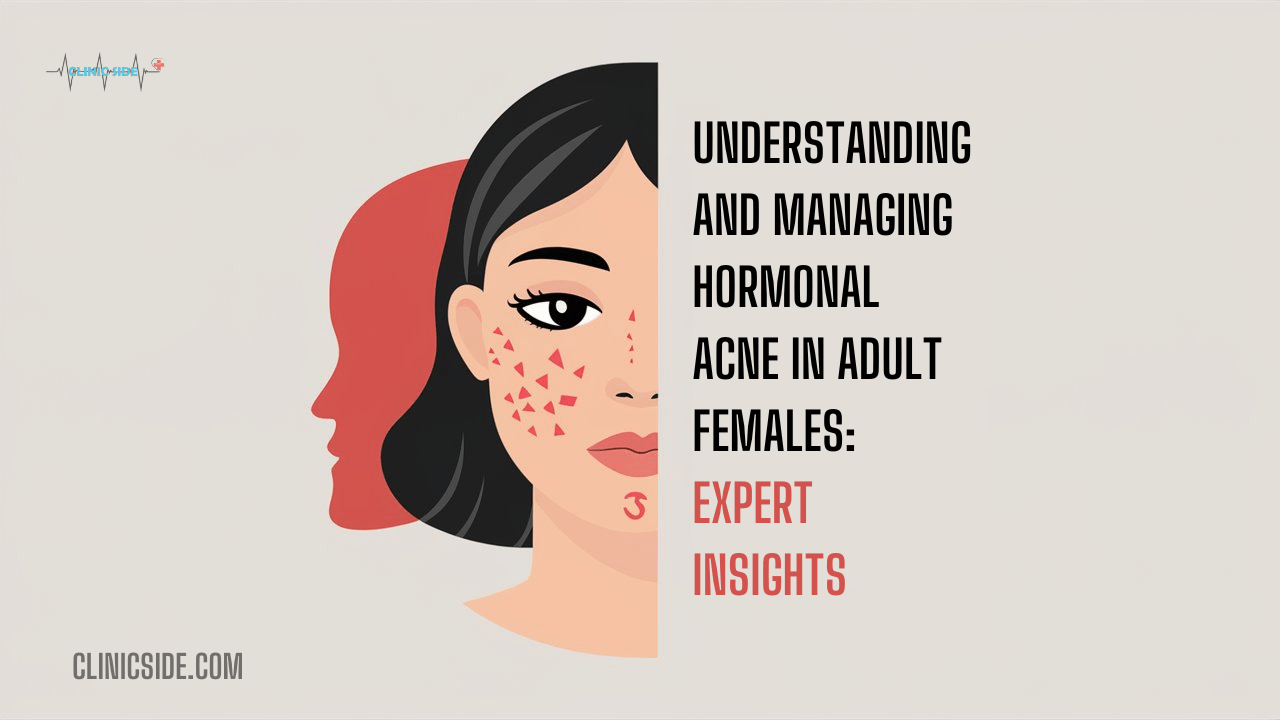
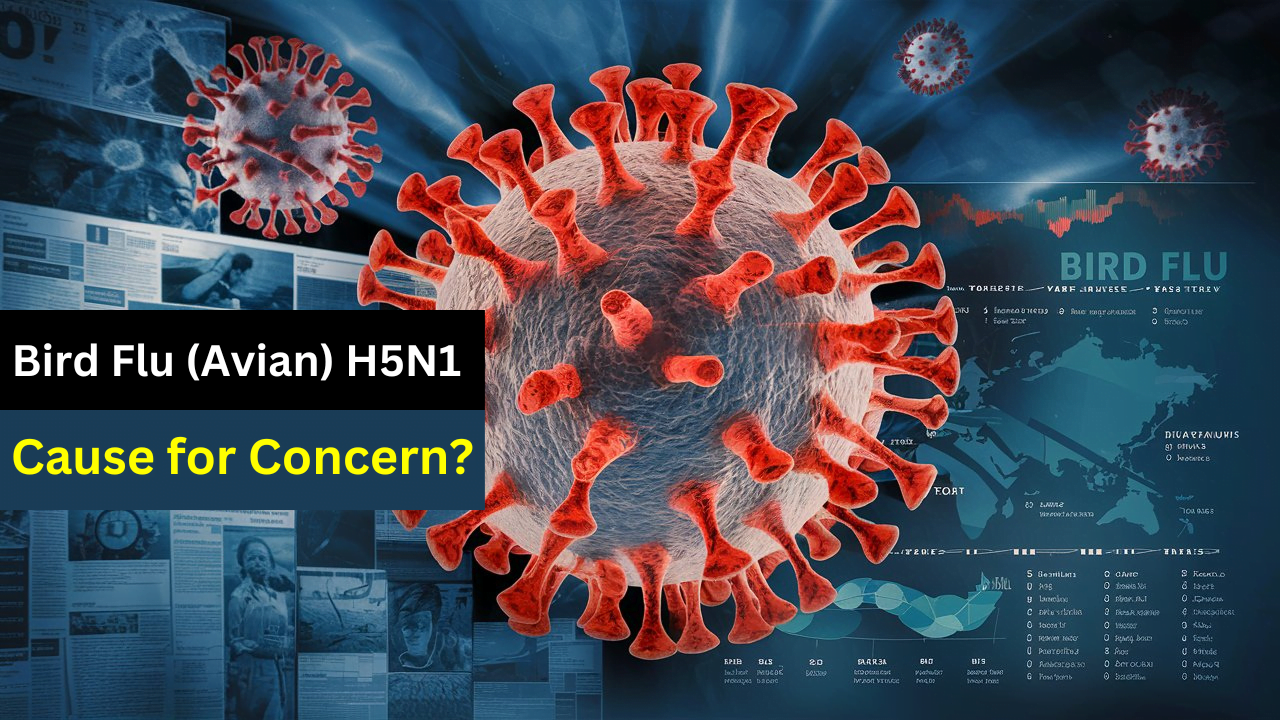
This article is a gem, so glad I stumbled upon it.